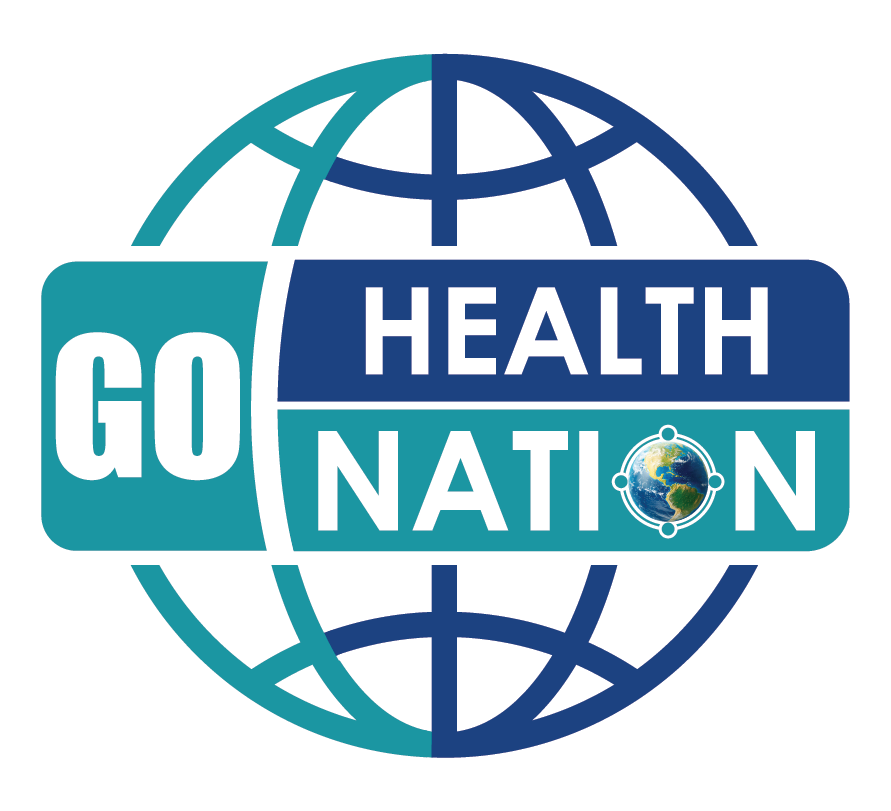
Ultra-processed foods dramatically raise the risk of premature death, a global study finds.
Ultra-Processed Foods: The Alarming Discovery
An international study published in April 2025 has sent shockwaves through the public health community. Ultra-processed foods (UPFs) significantly increase the risk of early death. Researchers across 10 countries found that individuals with high UPF consumption had a 15-30% higher mortality risk compared to those with minimal intake. The findings, based on over 10 years of dietary analysis, reveal how the convenience foods many rely on daily may be silently harming us (Explore the study).
Ultra-Processed Foods: Background – How Did We Get Here?
The rise of ultra-processed foods dates back to the mid-20th century with the industrialization of food production. Naturally, foods in this category are filled with additives, preservatives, and artificial ingredients. Today, nearly 60% of the average Western diet consists of these products. Past research linked UPFs to obesity, diabetes, and cardiovascular diseases. However, this new long-term study directly connects them to premature mortality. (Read: How Processed Foods Took Over Our Diets)
Expert Insights and Health Warnings
Experts such as Dr. Maria Arnett, a public health researcher, emphasize that “not all processed foods are harmful, but the ultra-processed category – think sugary cereals, instant noodles, and packaged snacks – poses a unique danger.” This distinction clarifies that processed foods are designed for shelf life, taste, and profit rather than nutrition. As a result, UPFs are typically high in sugars, unhealthy fats, and sodium. They are also low in fiber and essential nutrients (WHO Food Guidelines).
The World Health Organization (WHO) now urges governments to implement stricter food labeling laws. Public education initiatives to curb UPF consumption are also recommended. Read here
Consequences for Global Health
As UPF consumption surges globally, healthcare systems are grappling with rising rates of preventable diseases. Economic analyses show a clear link between unhealthy diets and increased medical costs. The intrusion of ultra-processed foods also contributes to decreased productivity and overall reduced life expectancy (Economic Impact of Poor Diets).
Beyond individual health, the societal burden includes strained public healthcare resources and reduced workforce productivity. On a personal level, consistent UPF consumption increases the likelihood of metabolic diseases, emotional disorders, and chronic fatigue.
Explore : WHO Mpox Alert: Highest Public Health Emergency Status Maintained
Public Reaction and The Way Forward
Public sentiment is increasingly demanding transparency and healthier options. Governments are starting to act. Brazil’s “National Food Guide” is a leading example. It advocates fresh, natural foods and cautions against ultra-processed products, highlighting the risks associated with their consumption (Brazil’s Innovative Food Guide).
Immediate steps recommended by health advocates include:
- Strict regulations on UPF marketing.
- Subsidies for fresh produce.
- Promoting minimally processed traditional diets.
Ultra-Processed Foods: What’s Next in the Fight?
Looking ahead, expect more governments to adopt policies like warning labels and sugar taxes for ultra-processed products to mitigate the harm caused by these foods. On an individual level, prioritizing fresh, whole foods and home cooking remains a powerful defense. It is crucial against the dangers outlined in recent findings. Read more
This isn’t just about personal choices anymore; it’s about public health on a global scale. Staying informed and making mindful food decisions today can literally add years to your life.




